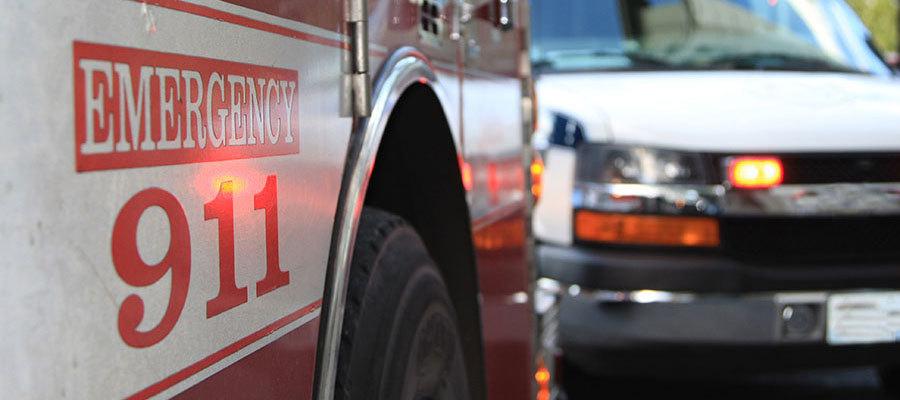CMS releases details on applying for new ambulance service model

The Centers for Medicare & Medicaid Services yesterday released a request for applications from Medicare-enrolled ambulance suppliers and providers to participate in its new payment model for emergency ambulance services beginning in 2020. Announced in February, the Emergency Triage, Treat and Transport (ET3) model will enable participating ambulance suppliers and providers to partner with qualified health care practitioners to deliver treatment in place (either on-the-scene or through telehealth) and with alternative destination sites (such as primary care doctors’ offices or urgent-care clinics) to provide care for Medicare beneficiaries following a medical emergency for which they have accessed 911 services. The five-year model also will encourage development of medical triage lines for low-acuity 911 calls in regions where participating ambulance suppliers and providers operate. CMS expects to release a notice of funding opportunity for the triage lines after selecting model participants this fall. For more on the model, see the agency’s answers to Frequently Asked Questions.

